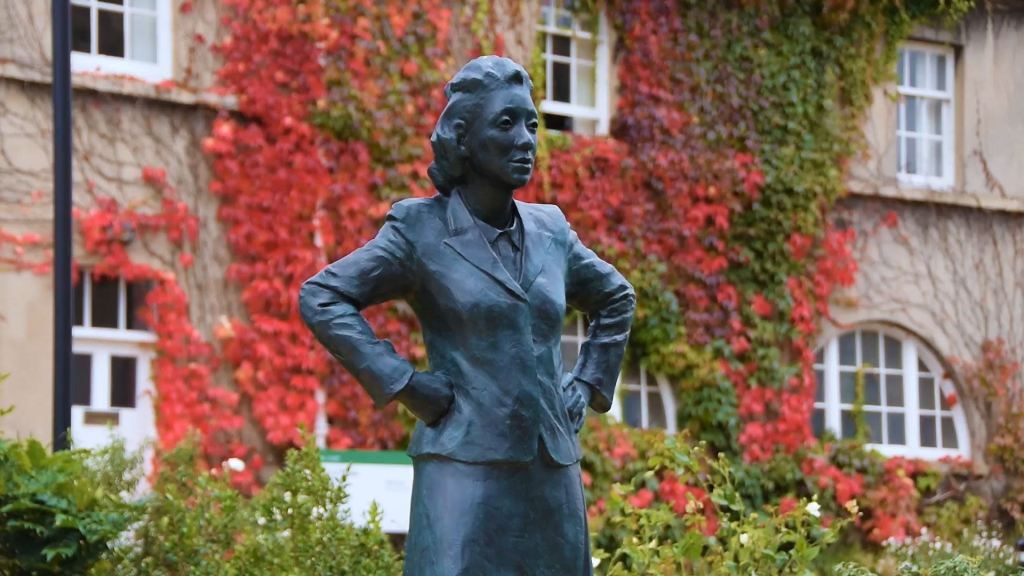In 1951, a 31-year-old African-American woman named Henrietta Lacks checked into Johns Hopkins Hospital in Baltimore, Maryland one of the few hospitals at the time that treated Black patients. She had been suffering from intense pain and abnormal bleeding. The diagnosis: an aggressive form of cervical cancer.
What Henrietta didn’t know what her family wouldn’t discover for decades was that during her treatment, doctors took a sample of her cancer cells without her consent. That moment would quietly mark the beginning of one of the most profound and controversial chapters in modern medical history.

The Birth of HeLa Cells
The cells taken from Henrietta’s tumor turned out to be unlike any other doctors had seen. While most human cells died quickly outside the body, Henrietta’s cells kept dividing again and again, without stopping. They didn’t just survive in the lab; they thrived.

These cells, dubbed HeLa cells (from the first two letters of her first and last names), became the first immortal human cell line ever grown in culture. For scientists, it was a game changer. HeLa cells allowed researchers to run repeated experiments on living human cells something that had never been reliably possible before.
Video:
The immortal cells of Henrietta Lacks – Robin Bulleri
Breakthroughs Built on One Woman’s Cells
HeLa cells helped create some of the most important medical advances in the 20th and 21st centuries. They played a critical role in:
- Developing the polio vaccine
- Understanding cancer and AIDS
- Mapping human genes
- Testing the effects of radiation and toxic substances
- Creating the COVID-19 vaccine decades later
Henrietta’s cells were even sent to space to study the effects of zero gravity. They became the foundation of countless scientific discoveries all without her ever knowing.

The Ethics of Consent
Henrietta Lacks passed away later that year, in October 1951, leaving behind five children and a legacy she could never have imagined. But for decades, her name remained unknown even as her cells were commercialized, cloned, and shipped to labs around the world.
Her family didn’t learn the full story until the 1970s, when scientists contacted them for genetic information yet even then, they received no compensation or control over how her cells were used. This sparked national debates about medical ethics, consent, race, and ownership of genetic material.
Video:
Cervical cancer: the legacy of Henrietta Lacks
A Voice Finally Heard
In recent years, efforts have been made to recognize Henrietta’s contribution and ensure ethical transparency in science. In 2013, the National Institutes of Health (NIH) gave her family a role in decisions about who can access her genome data. In 2021, the World Health Organization honored Henrietta Lacks, declaring her legacy a symbol of “injustice” in medical research and a call for reform.

Still Alive in Every Lab
More than 70 years later, Henrietta’s cells are still growing in laboratories across the globe. They’ve helped save millions of lives, revolutionized medicine, and opened doors to cures that once seemed impossible.
But her story isn’t just about science it’s about justice, recognition, and the human side of progress. Henrietta Lacks was more than just a cell donor. She was a mother, a wife, a woman with a name and a story that the world is only now beginning to fully acknowledge.


